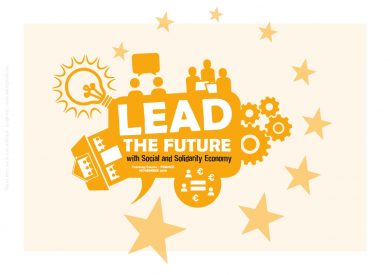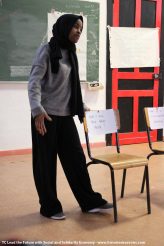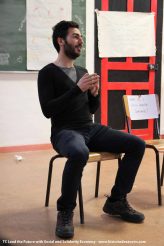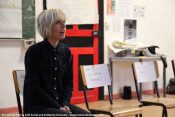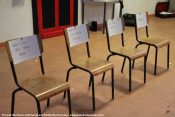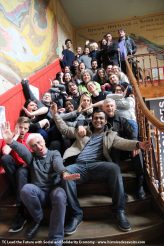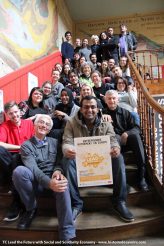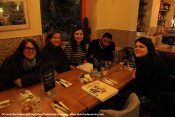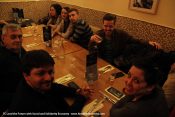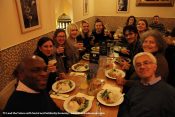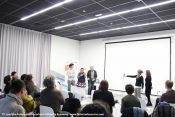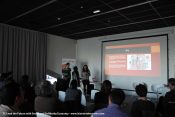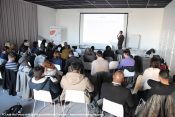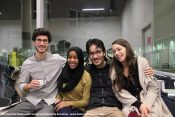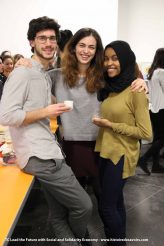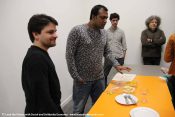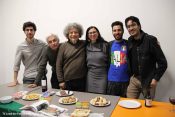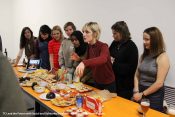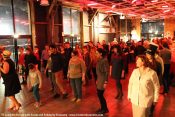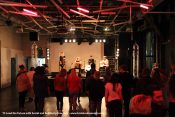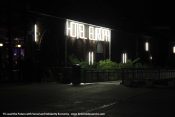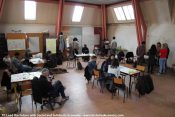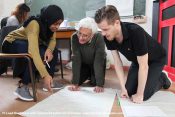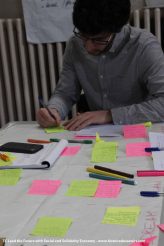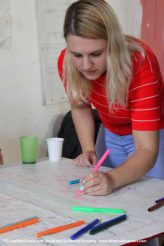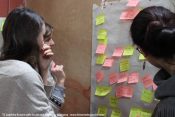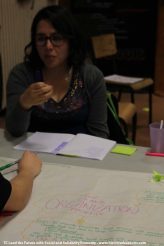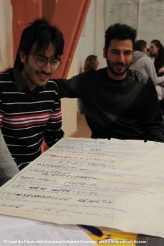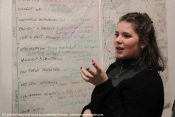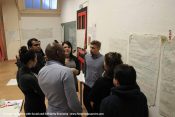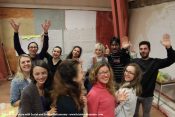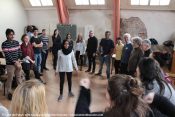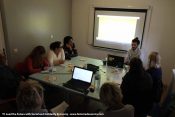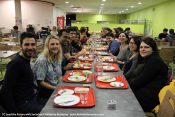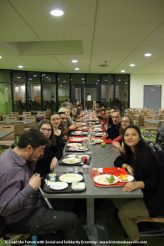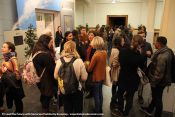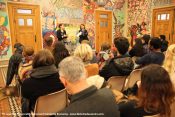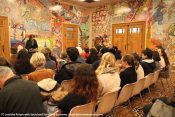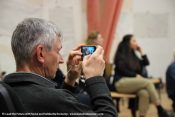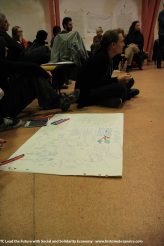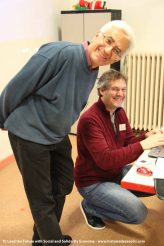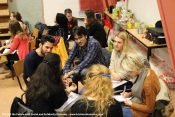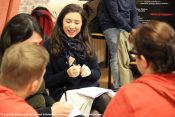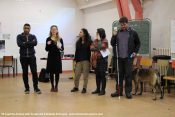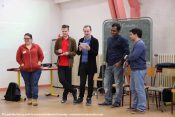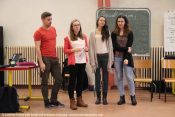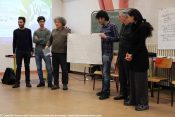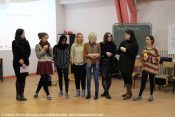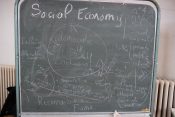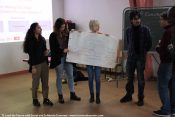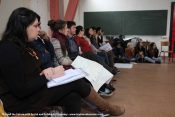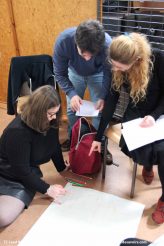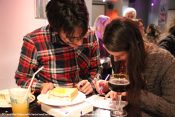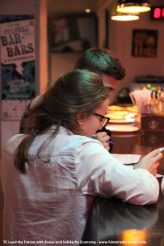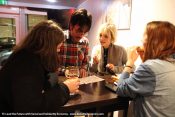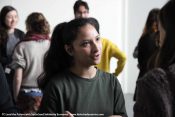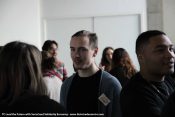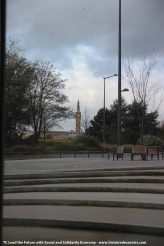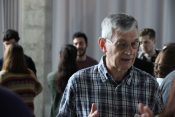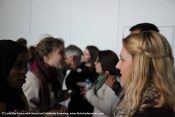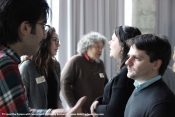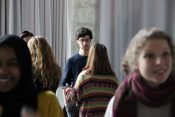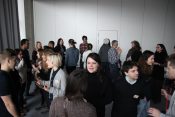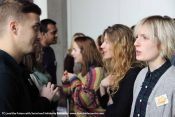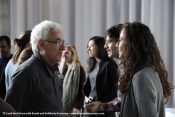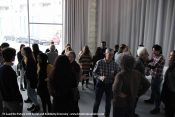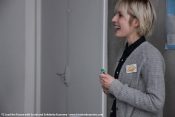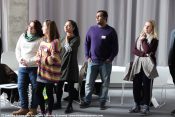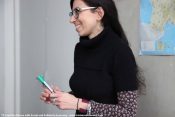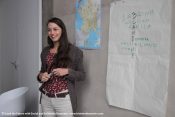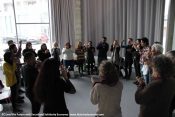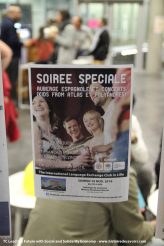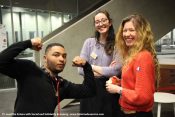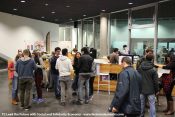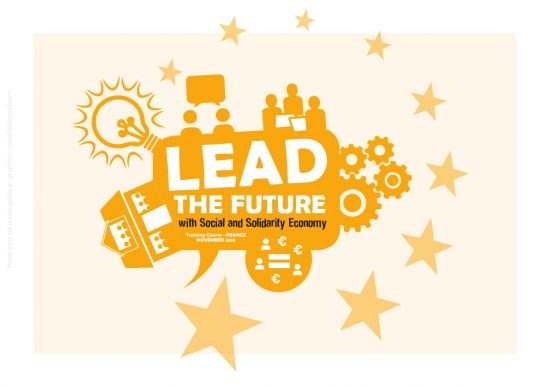
European Training Course Ι Social and Solidarity Economy, project management Ι November 2016 Ι Lille
From the 19th to the 27th of November 2016, Histoire de Savoir(s) organised a European training about Social and Solidarity Economy and project management. This training gathered 28 European participants: volunteers, youth and cultural stakeholders, students and professors, from 4 twins city of Lille (Erfurt, Leeds, Turin and Wroclaw).
The social economy or social and solidarity economy (SSE) always existed among the people to help, join, to share their ideas and their money, to survive, live better or get organized professionally. Today, the SSE includes the private or public organizations which try to reconcile the economic activity with social utility, by subscribing to founding principles: the search for a collective utility, the non-profit or limited profit and democratic governance with the primacy of the people over the capital: “1 person = 1 voice”, and the implication of the stakeholders.
There are no readily made solutions in the SSE, the solutions must be adapted to the culture and to the local conditions. However, it is useful being able to exchange on best practices and to spread information by creating special networks which feed the local action projects, and widen the field of initiatives. Furthermore, an approach of the SSE at the European level can bring an additional favourable context to its implementation, especially in the fields of immigration, precariousness, education, global warming, social innovation, decentralized cooperation. It allows to mutualize best practices and know-how. Besides, the mobility and the exchanges at an international dimension allows to widen one’s spirit, to push back the limits of one’s imagination in order to favour new ideas, and booster social transformation through citizens’ initiatives. Moreover, initiatives multiply in the field, as more and more SSE projects are born; it becomes useful and necessary to raise awareness about its principles, to form and to accompany the implementation of such projects.
Main Objectives:
- Creating a space of reflection about the SSE, its principles and its development in Europe
- Creating a space to share experiences between participants and facilitate the exchange of best practices and mutual development of skills, in order to implement quality SSE projects
- Introducing and framing participants to SSE project management
- Stimulating the youth’s active participation within society, through setting up local projects, European partnerships, and by enabling them to act as multipliers while back in their local community.
- Developing and encouraging the cooperation between participants and partners in order to support innovative projects by creating a European network of partners sharing SSE ideas and reinforcing the development of cooperative projects.
At the end of this training, a public meeting was organised on Friday, the 25th of November in Stephane Hessel House (Social and Solidarity House), to create a space of exchange on SSE in Europe and present the projects created by the participants.
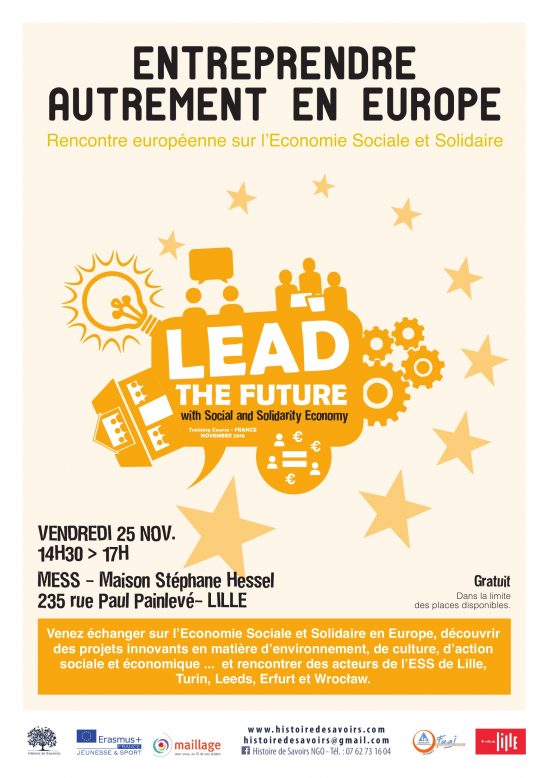
European partners :
- Leeds City Council – United Kingdom
- I.So.La Cooperativa – Italy
- Semper Aventi – Poland
- Plateform e.V – Germany
You can read more about the training : Lead the Future – European Training Course
Training Course co-organised by Histoire de Savoirs, the City Hall of Lille, Maillage Association and FUAJ, and co-financed by the City Hall of Lille and Erasmus + programs: http://www.agence-erasmus.fr
